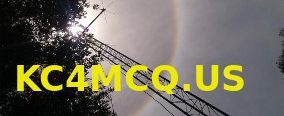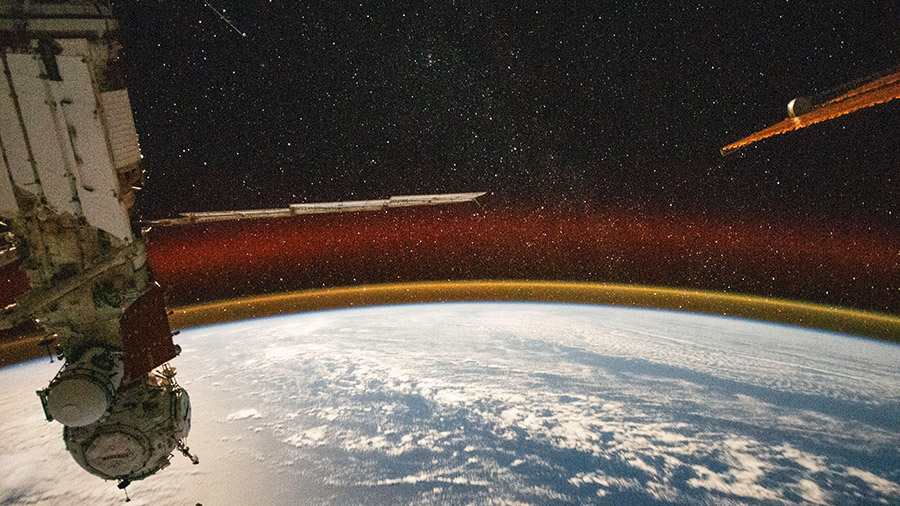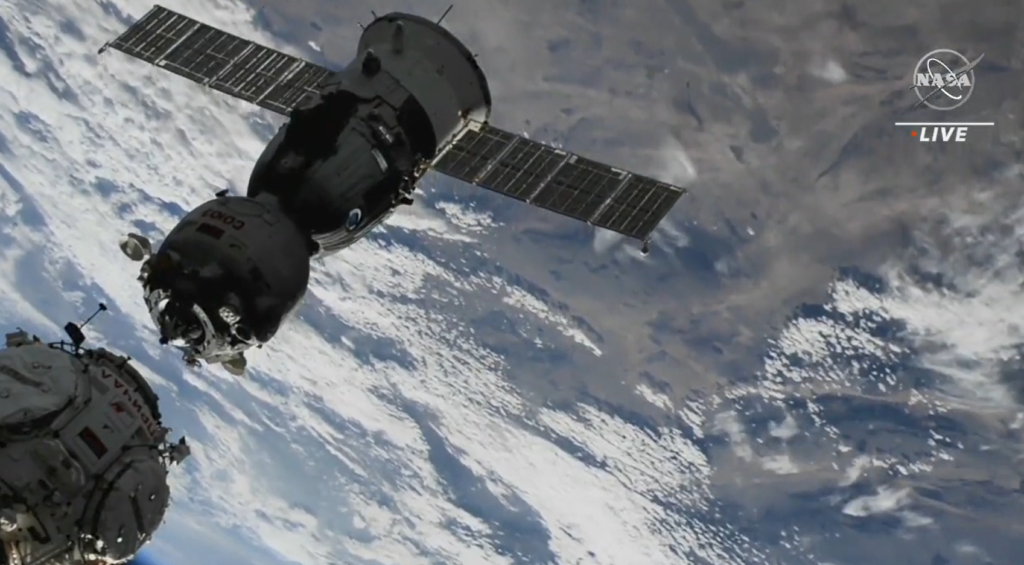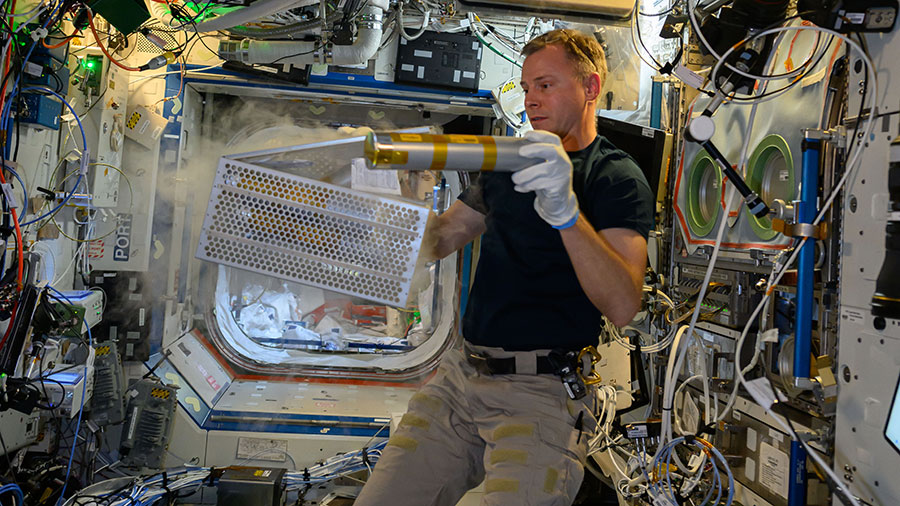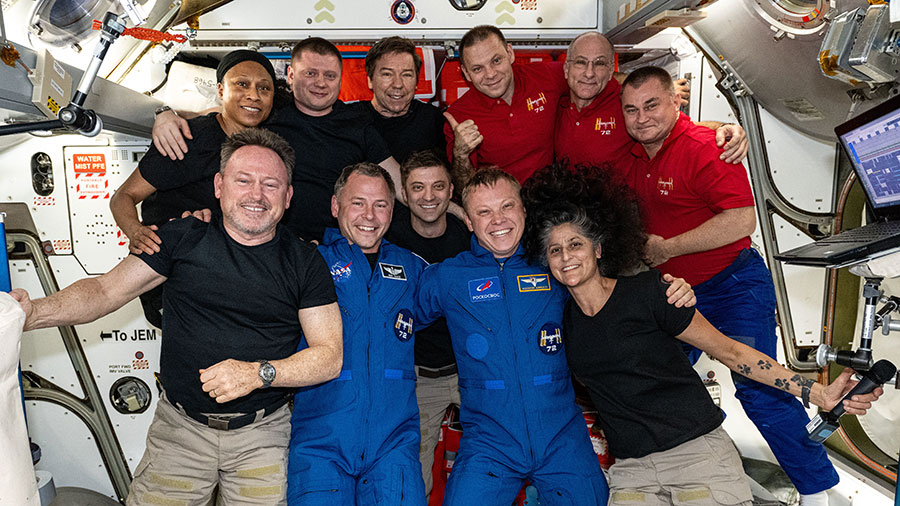
The Expedition 70 crew is looking ahead to the arrival of a U.S. cargo craft due to arrive at the International Space Station next week. Meanwhile, the Axiom Space 3 (Ax-3) crew finished its first week in orbit with a busy schedule of research, education, and media activities.
Northrop Grumman’s Cygnus cargo craft will take its first ride atop a SpaceX Falcon 9 rocket when it lifts off at 12:29 p.m. EST on Monday from Kennedy Space Center in Florida. The private space freighter will be carrying over 8,200 pounds of science experiments, crew supplies, and lab hardware to the orbiting outpost. NASA Flight Engineer Jasmin Moghbeli is due to capture Cygnus with the Canadarm 2 robotic arm at 3:35 a.m. on Wednesday. She will be on duty that morning along with fellow NASA astronaut Loral O’Hara who will monitor Cygnus’ automated approach and rendezvous.
Both astronauts including JAXA (Japan Aerospace Exploration Agency) Flight Engineer Satoshi Furukawa relaxed on Friday following the weeklong Cygnus preparations and Ax-3 orientation activities. Station Commander Andreas Mogensen of ESA (European Space Agency) had a light duty day at the end of the week spending a couple of hours aiding the Ax-3 foursome during its science and maintenance-filled itinerary.
Ax-3 Commander and former NASA astronaut Michael López-Alegría joined his crewmates Walter Villadei and Alper Gezeravcı at the start of their shift with blood draws for stowage in a science freezer and later analysis. Afterward, the five-time station visitor partnered with Italian astronaut Villadei configuring hardware that monitors space radiation and how it affects astronauts. At the end of the day, López-Alegría tested a digital voice assistant for its potential to assist with crew operations.
Gezeravcı, Turkey’s first astronaut, tended to algae samples growing in petri dishes for an antibacterial investigation then photographed his Ax-3 crewmates as they worked throughout the day. Mission Specialist Marcus Wandt representing ESA spent Friday juggling a variety of science experiments. The Swedish astronaut powered on plasma physics hardware, collected station air samples for chemical analysis, and taped high frame rate video of thunderstorm conditions in Earth’s stratosphere.
In the Roscosmos segment of the orbiting lab, veteran cosmonaut Oleg Kononenko spent his morning updating laptop computer software before inventorying cargo in the Prichal docking module. First time space flyers Nikolai Chub and Konstantin Borisov split their day studying fluid physics, servicing life support components, and maintaining communications and computer systems.
